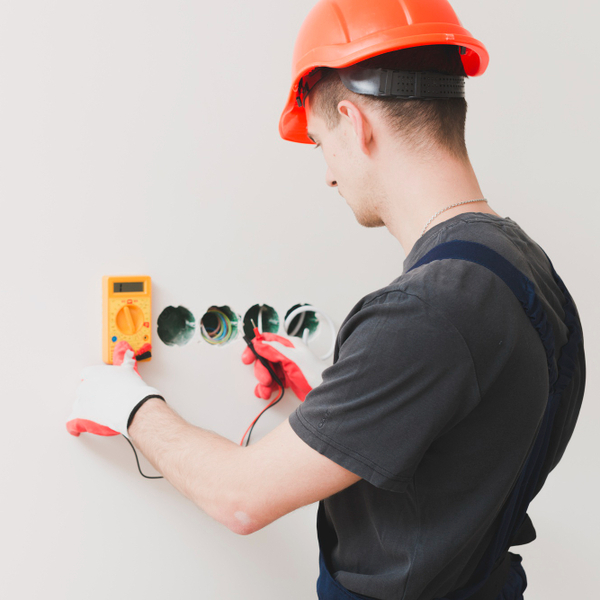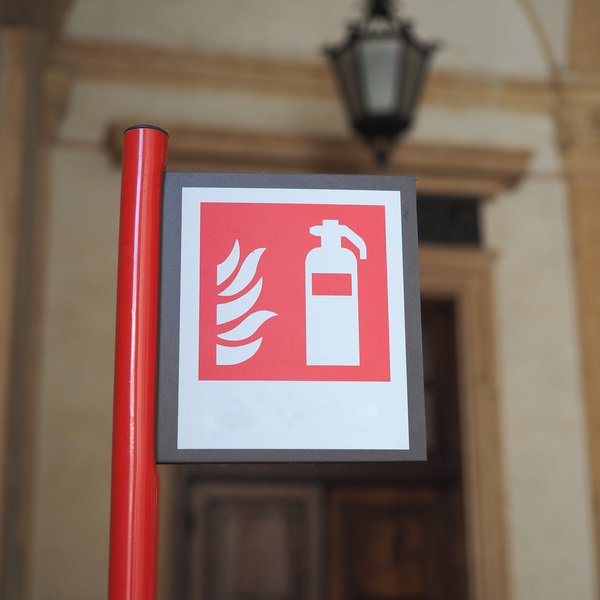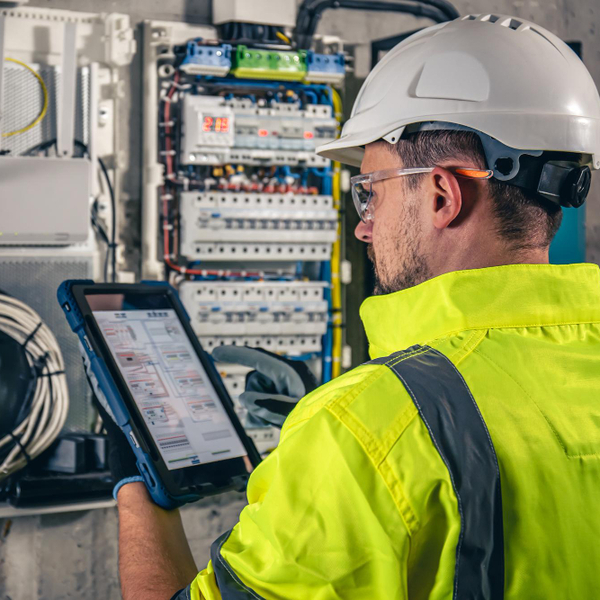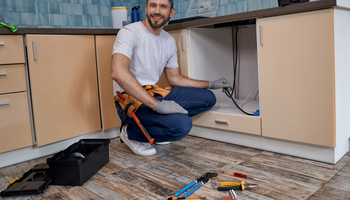10 Essential Electrical Safety Tips Every Homeowner Should Know

As a homeowner, it's essential to prioritise the safety of your family and your property. One area where safety should never be compromised is electrical systems. Proper knowledge and understanding of electrical safety tips can go a long way in preventing accidents and potential hazards. This article will provide you with ten essential electrical safety tips that every homeowner should know. From properly using electrical outlets and extension cords to understanding the importance of grounding, these tips will help create a safer living environment.
Following the electrical safety tips can reduce the risk of electrical fires, shocks, and other electrical accidents. Not only will this help protect your loved ones and possessions, but it will also give you peace of mind. Whether you're a new homeowner or have lived in your house for years, there is always time to brush up on your electrical safety knowledge. Stay tuned and empower yourself with the fundamental electrical safety practices that will always keep you and your loved ones safe.
Electrical safety is a crucial aspect of maintaining a safe environment in your home. By following these electric safety tips, you can reduce the risk of electrical accidents and ensure the well-being of your family and property.
1. Never Overload Outlets
Avoid plugging too many devices into a single outlet, as this can lead to overheating and potential electrical fires. Instead, use power strips with built-in surge protectors to safely accommodate multiple devices.
2. Properly Use Extension Cords
Extension cords are meant for temporary use only. Avoid using them as a permanent solution and ensure they are not damaged or frayed. Do not run extension cords under carpets or rugs.
3. Regularly Inspect Cords and Outlets
Check cords and outlets for any signs of wear, damage, or overheating. Replace damaged cords immediately to prevent electrical hazards. Consider upgrading to tamper-resistant outlets for added safety.
4. Keep Water Away from Electricity
Water and electricity do not mix. To prevent electrical shocks, keep all electrical appliances away from water sources, such as sinks, tubs, and wet floors.
5. Install Ground Fault Circuit Interrupters (GFCIs)
GFCIs are essential in areas where water is present, such as kitchens, bathrooms, and outdoor outlets. These devices help prevent electrical shocks by shutting off power when a fault is detected.

6. Use Light Bulbs with the Correct Wattage
Using light bulbs with a wattage higher than the fixture recommends can lead to overheating and pose a fire risk. Always follow the manufacturer's guidelines when replacing light bulbs.
7. Practice Safe Appliance Use
Unplug appliances when not in use and avoid using them near water. Keep appliances clean and well-maintained to prevent electrical malfunctions. Inspect cords and plugs regularly for any signs of damage.
8. Educate Your Family About Electrical Safety
Teach your family members, especially children, about the dangers of electricity and how to use it safely. Establish clear rules and guidelines for handling electrical appliances and devices.
9. Have a Professional Electrician Conduct Inspections
Regular electrical inspections by a qualified electrician can help identify potential issues before they become serious hazards. Invest in routine maintenance to ensure your electrical system is in optimal condition.
10. Create an Emergency Plan
In case of an electrical emergency, have a plan in place to evacuate the premises safely. Ensure everyone in the household knows how to shut off the power and contact emergency services if needed.
By following these ten essential electrical safety tips, you can create a secure environment for your family and minimise the risk of electrical accidents. Prioritise safety in your home to enjoy peace of mind and protect your loved ones from potential hazards.

Importance of Electrical Safety at Home
Home electrical safety is not just a matter of convenience; it is critical to protecting your home and loved ones from potential dangers. Understanding the importance of electrical safety can help you make informed decisions and take proactive measures to prevent accidents.
Maintaining electrical safety at home is essential for several reasons. First and foremost, it helps prevent electrical fires, which can cause extensive damage to your property and pose a significant risk to your family's safety. Following basic safety guidelines and implementing preventive measures can reduce the likelihood of fire incidents.
Additionally, electrical safety promotes the longevity and efficiency of your electrical system. Regular inspections and maintenance help identify issues early on, preventing costly repairs and ensuring your system operates smoothly. Investing in electrical safety allows you to avoid unexpected breakdowns and disruptions in your daily life.
Moreover, home electrical safety protects against electrical shocks and injuries. By following safety protocols and using electrical devices correctly, you can minimise the risk of accidents and create a secure environment for your family. Educating yourself and your loved ones about electrical safety practices is critical to preventing injuries and promoting a safe living space.
By prioritising electrical safety at home, you can enjoy peace of mind knowing that your property is protected, your family is safe, and your electrical system functions optimally. Take the necessary precautions, follow safety guidelines, and stay informed about best practices to create a secure and hazard-free environment in your home.
Importance of Regular Inspections
Regular electrical inspections are crucial to maintaining a safe and efficient electrical system in your home. By scheduling routine inspections by a qualified electrician, you can identify potential issues early on, prevent hazards, and ensure the longevity of your electrical components.
One primary reason for conducting regular inspections is to detect any signs of wear, damage, or malfunction in your electrical system. Over time, wiring, outlets, and appliances can deteriorate, leading to safety hazards such as electrical fires and shocks. Inspections help address these issues promptly and prevent them from escalating.

Moreover, regular inspections can help improve your home's energy efficiency. An electrician can recommend solutions to enhance efficiency and reduce energy consumption by identifying areas where energy is wasted or components are not functioning optimally. This benefits the environment and saves you money on utility bills.
Additionally, electrical inspections are essential for ensuring compliance with safety standards and regulations. By staying current on the latest codes and requirements, you can avoid potential fines and penalties while maintaining a safe living environment for your family. Regular inspections help you meet legal obligations and provide peace of mind, knowing that your home is by industry standards.
In conclusion, regular electrical inspections are a critical investment in your home's electrical system's safety, efficiency, and compliance. By promptly prioritising inspections and addressing any issues, you can protect your property, prevent accidents, and ensure that your electrical system functions optimally for years. Schedule regular inspections with a qualified electrician on Moovick's marketplace who offers electrical services to safeguard your home and enjoy the benefits of a secure and reliable electrical infrastructure.
Popular Articles

Navigating City Transitions With Packers & Movers In Germany

Types of Logistics Providers in Transport Logistics: A Comprehensiv...

How to Make Money as a Student in Frankfurt

Budgeting for Your Move - 5 Things to Prepare For

Sustainability in Kitchen Assembly: Reducing Environmental Impact

Affordable Package Shipping Services To Fulfill Your Needs

